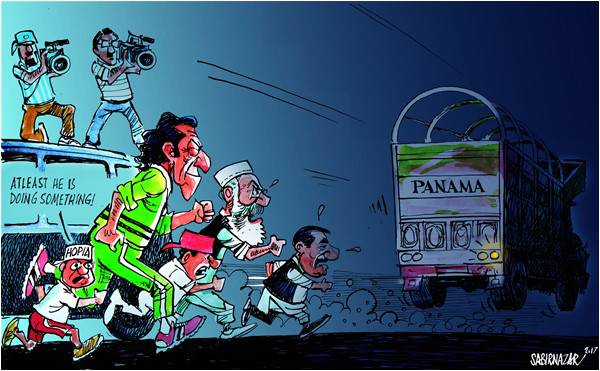
Lawyer cartel
Sir,
How can our judiciary be expected to deliver justice when lawyers form cartels and refuse to accept cases filed by common people against lawyers? It is unfortunate that no law exists to curb this unfair and self-serving monopolistic act. Without a doubt, judges who were once lawyers themselves know this. Bar councils are a quasi-judicial forum but they can be partial and partisan inclined towards lawyers’ interests. A visit to the Bar Council proceedings for a complaint against a lawyer’s misconduct provides ample evidence. Office bearers favoured the accused lawyers.
High court judges have discretionary powers to try complaints against lawyers and should use them as they have no vested electoral interest they can hear such complaints and fairly apply law and justice.
Mazhar Butt,
Karachi.
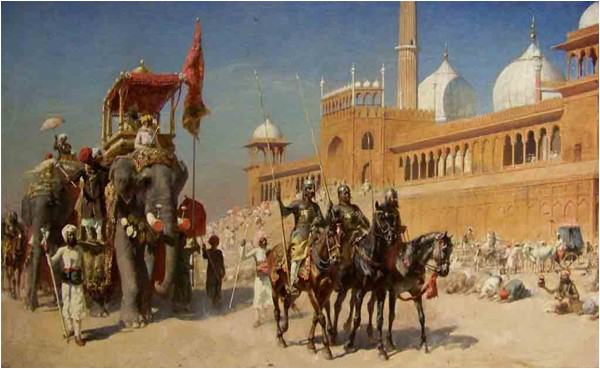
True history
Sir,
In the era of globalization and free flow of information, it is important to teach and learn your country’s true history. In Pakistan almost 95% of the population under the age of 40 years has been taught a distorted history which leads to social inequalities and plagiarism in each and every discipline.
Some schools, colleges and universities teach history that glorifies intruders. In the past, we know that writers have been influenced by their royal patrons or rulers and have favoured the storyline of powerful and imperial forces. Now it is time to expose the falsehood, half-truths, and statements tailored to the needs of martial law regimes.
The cumulative effect of this shoddy writing is horrifying. The repetitive, incoherent and subjective books compulsorily prescribed in all schools, colleges and universities generate students who have no proper understanding of history. Teachers caught up with financial compulsions to make it worse.
In educational institutions student political and religious groups are allowed to protest to choose their own teachers, admissions quota and other matters, but they do not say anything about flawed textbooks. Students must fight the poison they are being fed. The minds of children are being damaged.
Mahnoor Jehangir,
BS Psychology major,
via email.
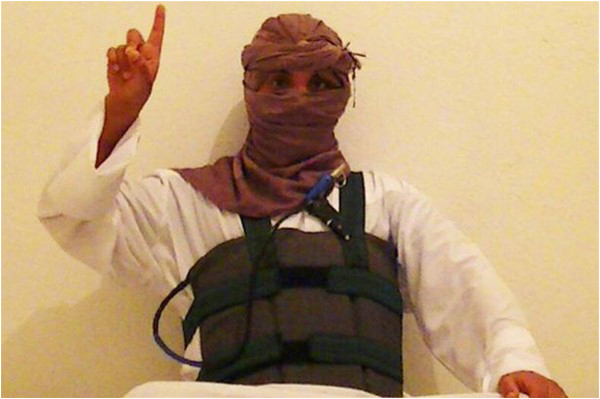
Suicide bombers
Sir,
“Whoever kills an innocent life, it is as if he has killed all of humanity” (Surat Al-Mai’dah 5:32) What is suicide bombing? Who are suicide bombers? Why is it an enormous issue in countries around the globe and why is it the most challenging issue of Pakistan? These are some of the questions which come to the mind of an individual tormented by an act of terrorism. Suicide bombing represents a terrible complex of our society; it is one of the most dreadful challenges faced by the Republic of Pakistan since the country has been a frequent and primary target of suicide terrorism throughout the last decade.
Why are they willing to die just so they can kill innocent people? At present, bombers are primarily Muslim however, this wasn’t always so. Indoctrination alone does not explain it. Militants and bombers are propelled by social ties as well. And even though jihadis use religion to explain their struggle, their justifications for violence are primarily profane and grievance-based.
We live in a country which was created in the name of Islam, where all rules and laws were created consistent with Islam. So why do we fail? Other countries assume that we are terrorists; wherever they see a Pakistani they are petrified. Is that our fault?
Towards the middle of 2015 nearly three-quarters of all suicide attacks occurred in three countries: Afghanistan, Pakistan and Iraq.
Assessing the attitudes and perceptions of individuals toward suicide bombing will help understand the basic causes of this phenomenon. Suicide bombings in Pakistan are a male-dominated phenomenon, with most bombers single men.
But the important question is why suicide bombing is a social issue? One reason is that suicide bombers themselves are usually rebellious young men who are recruited by the lure of giving their life meaning. They have nothing to lose: families, profitable careers, or an affiliation to a religion or spirituality that prizes their life on Earth. By providing these young men with real opportunities to assist their country, we can make it less attractive for them to choose this path. Perhaps we should nurture these kindred souls before it’s too late to save them.
Aqsa Ali,
via email.
One-plot policy
Sir,
It is against the principle of justice to favour high officials and to deprive people at lower grades. The state must begin its welfare work, including the distribution of plots/houses, from the lowest and then to come to the upper levels. We generally see that people in senior positions enjoy state facilities but officials in junior positions do not. People are already fed up of electricity load shedding, unequal gas distribution, poor water and drainage and high real estate prices.
The majority of people have decided the only way to sort out their issues is either to indulge in corruption or die fighting it. I am surprised to learn that there is a two-plot policy per high-ranking person. In my view, the state policy must be one-life one-plot as far as all state officials are concerned. However, any official can buy another plot(s)/house(s) from his earnings.
Khalid Mustafa,
Islamabad.
Nadia Nazir
Sir,
It is with a heavy heart that I learnt that our international racer is no more. Nadia Nazir was the only athlete who had five bronze medals. Most importantly, Nadia was also a four-time national champion and also a record holder in the 400-meter hurdle race since 2009 with a time of 61.50 seconds which has yet to be surpassed. Her home town was Mohalla Farid Ganjh and she belonged to a lower middle-class family. However, she started running in 2000, with her father who was with her at all the tracks until ultimately in 2006 she became a national champion. Beside this, Nadia competed in the world championship and Asian games and visited many countries such as India, Sri Lanka, Bangladesh, Iran, Hong Kong and China for athletic events. Pakistan sports is poorer for her loss and has already too few women players. It is our duty to support, commend and root for women players to make our country proud.
Adnan Dost,
Turbat.
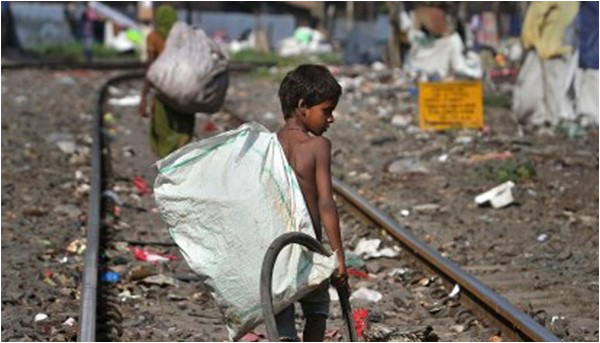
Child labour
Sir,
It is sorrowful to mention that child labour is increasing day by day in every corner of Balochistan. The human rights commission of Balochistan estimated in the 1990, 11 million children were working in the country. Half of them were aged of ten. They are under extreme stress and are often forced to kill themselves, run away from home, etc. The government of Balochistan must take serious steps to find a solution to this problem.
Ijazdad Dadbaksh,
Kech.
Abandoned expressway
Sir,
Towards the end of Gen. Pervez Musharraf’s tenure, there was a plan under MNA Sheikh Rashid, and a minister at the time, to run an expressway over Nullah Lai that traverses almost all of Rawalpindi and heads towards Islamabad. The work started but then when the government was changed in 2008 this project was abandoned. Now with the increase in the population, traffic load and despite the Metro bus, the problem of traffic congestion is going nowhere. A feasibility study must have been carried out along with an entire construction plan. The expressway was supposed to connect Rawalpindi and Islamabad. It should be taken up again.
Taha Imran,
Rawalpindi.
Ehsanullah Ehsan
Sir,
Ehsanullah Ehsan, who was the spokesperson for the Tehreek-e-Taliban Pakistan, was recently arrested. His interviews have started coming on television. If we recall, the TTP has played a very active role in killing thousands of innocent civilians and army personnel, including women and children. They are naturally reviled in Pakistan. The general public expects that when these kind of terrorists are arrested, they should soon meet their fate. But on the contrary it is very difficult to comprehend why he is being interviewed and presented on the media, sitting in a comfortable environment whereas under the circumstances he should have been in an interrogation centre, facing his trial. It is hoped that the practice of giving these terrorists airtime should be stopped and they should be given exemplary punishment in front of the public. If we want to sincerely succeed in the battle against extremism and terrorism.
Rashid Mehmood,
Rawalpindi.
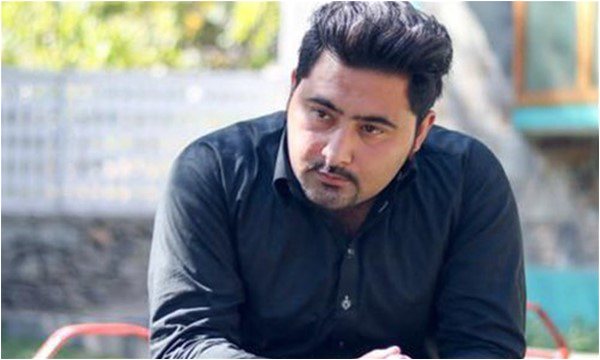
Barbaric act
Sir,
Another barbaric act in the name of religion has taken place with the killing of a young student Mashal Khan of Abdul Wali Khan University. Imran Khan of the PTI condemned it in strong words, vowing to resist the “law of the jungle”. Our prime minister made a statement after two days. All over the globe, no citizen is allowed to take the law into their own hands without facing the consequences. It happened in broad daylight.
How is it that even in universities, educated youth can do this and teachers and passers-by just remain silent spectators? The same happened with Gojra in Lahore and many more such incidents are still fresh in the memory. Successive governments have failed to implement the law, as they are busy accumulating wealth.
Is this the Pakistan we will hand over to our next generation in which the life of every citizen is at great risk? My mind travels back to the famous poem by Zehra Nigah “Suna Hai” (I have heard): Suna hai jangaloon ka bhi koi dastoor hota hai, Khudawand! Jalil u Mutabar! Mansab-u Akbar meray is shehr me ab jangaloon ka hi koi kanoon nafiz ker de (I have heard even in the jungle there exist some rules. Oh God, the Great! Kindly impose the law of the jungle in my city.)
Aamir Aqil,
Lahore.
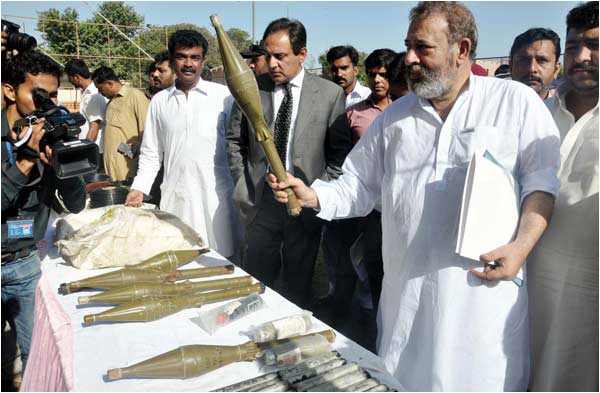
Impact of terrorism
Sir,
I would like to draw the attention of the authorities towards terrorism in Pakistan. Over the years, the Tehreek-e-Taliban (TTP) has been involved in a number of suicide bombings, abductions and beheadings. It has widened its scope of operations beyond Pakistan’s tribal areas and targeted a number of government installations and organizations.
These losses have been documented by security organizations as well as by research institutions nationally and internationally but there is a discrepancy in figures for human losses; one figure is that more than 24,000 people, including civilians, law-enforcement officials and troops have been killed in terrorist attacks during the military offensive against the insurgents in the tribal areas.
The economy has suffered from terrorism. This downturn cannot be solely blamed on terrorism, however, as other factors include the international financial crisis, corrupt government, massive disruption of energy supplies as well as severe floods almost every year.
The social impact of this prolonged war on Pakistan has been horrendous. Hundreds of suicide bombings that occurred countrywide inflicted colossal damages to physical infrastructure and led to more spending on law and order that squeezed the economy because funds for the public had to be diverted to security. This most likely adversely affected our work on poverty reduction. Counter-terrorism campaigns against militants in Khyber Pakhtunkhwa and FATA also brought social and psychological suffering with them. Approximately five million people were displaced by the fighting.
Education is the key to progress for any nation of the world. But in Pakistan this too fell victim to the war on terror. Most of the schools for girls were destroyed and were vandalized by extremists who have been ideologically opposed to education for girls. The Taliban banned girls education altogether and at the same attacked schools. Parents were told not to send their daughters to “unIslamic” schools for a western education.
Until a decade or so ago, tourism used to be a source of revenue for the Pakistani government. The war on terror served as a major setback as the number of foreign tourists declined drastically. Swat, in particular, was badly affected. One reliable source of money to the northern areas was tourism based on either viewing, hiking, or climbing some of the world’s most beautiful and challenging peaks.
Generally, one of the worst impacts of the war on terror on Pakistani society has been the rampant spread of religious intolerance; people have taken the law into their own hands, weaponization is common, people have turned against the state and law-enforcement agencies, including the military.
When the police are diverted to provide security or protocol for politicians and government institutions people grow angry. The list of public grievances runs long. The issue of missing persons lingers. This is the unpleasant baggage that the present government is saddled with and needs to resolve. Pakistan has faced and will face the effects of terrorism in the future internally and in its foreign policy.
Terrorism is surely the biggest menace and curse that Pakistan faces today. The sooner we realize the gravity of this problem and develop a national and public consensus on defeating terrorism and identifying the enemies in this regard, the better. Otherwise it will destroy us.
Maryam Amir,
Karachi.

White-collar crime
Sir,
It was more of a damp squib than the Mother of All Bombs that this match-fixing nation feverishly awaited. We must now resign ourselves to another sixty or so days of renewed frenetic speculation to see the results of the promised cleansing process of the Aegean Stables.
References to Balzac and Puzo apart, white collar crime is aptly named because it often is so immaculately undertaken that the pristine shirt may remain unblemished. Thus the dilemma of the honourable justices is quite understandable. The directive for forensic investigation under specified parameters does have the potential to expose much more than the visible part of the iceberg with potential far-reaching beneficial consequences. This is the positive aspect. Unfortunately, given the overall state of gross dishonesty, polarization and ignorance in the country and the deadly direction the nation has plunged into the additional delay has thrown us back into speculative assumption. Something we have been doing extremely well over the last 60 odd years. Even if transient, the lack of clear direction on such a watershed issue and after an agonizing duration of time, is very disturbing. Trial by media and the murderous settling of scores, under various names, has become the norm for Pakistan due to failure of the law and a marked absence of justice for the common man; this is a point Mashal Khan’s father sadly reiterated. Just a night earlier, I watched another media trial being conducted by four astrologers handing down their judgements to a popular anchor. It is food for thought: what role does the law of the land play if the future - or the lack of it - is determined by superstition, primitive rituals or just by mob mentality?
This is the real fear in Pakistan. Tidal waves of murderous bigotry are consuming this divided country. The flames are being fanned not by the ignorance of poverty but deliberately, by those at higher levels, in order to divert attention from the real issues, almost all of which stem from decades of intellectual and physical dishonesty. This is the root of all evil. Justice Khosa has requested the parties concerned to read the 548-page judgement before commenting on it. However, the powerful and mighty may not want it read aloud; and it certainly is beyond the comprehension of the vast majority of our restless and angry population. One prays this JIT actually will yield something tangible and in the interim before a, hopefully, unanimous judgement for Truth and possible Reconciliation is reached, this split decision is not misconstrued as total license for unfettered mayhem.
Dr Mervyn Hosein,
Karachi.

